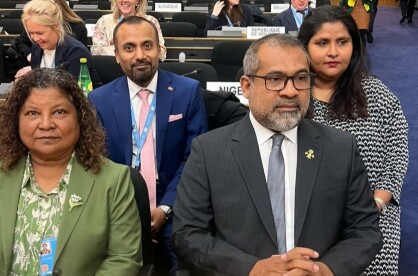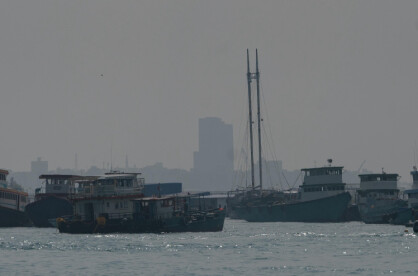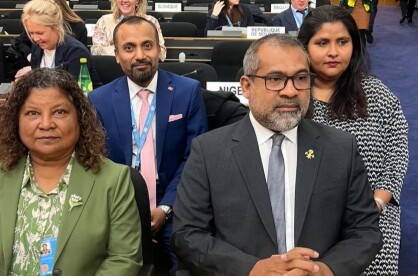The Maldives continues to grapple with challenges related to the treatment and management of expatriate workers, a critical segment of the country's workforce. In response to ongoing concerns, the Ministry of Homeland Security and Technology has announced a third opportunity for companies to settle overdue fees and fines related to expatriate workers. Initially, these payments were required by August 12, a deadline that was later extended to August 24. However, recognizing the difficulties some companies face in making large payments, the Ministry has now extended the deadline again, allowing companies with outstanding fees and fines under MVR 100,000 to settle their payments by September 16.
Failure to meet this deadline will result in the public disclosure of the companies' names and the suspension of services via the expatriate management system. The Ministry noted that some companies have expressed concerns about the financial burden of settling large fees at once. As a result, they will now have the option to draft a payment plan to manage their obligations over a specified period. This not only seeks to settle the matter of due payments that often go uncleared from major companies, but also gives these companies options when it comes to settling the payments.
The need for these measures also largely highlights the challenges in regulating the expatriate workforce in the Maldives, which continues to grow without proper documentation which has ultimately led to several major issues regarding workers settling in the Maldives illegally. With approximately 139,000 work permits issued, only 36 percent of employers consistently pay the related fees on time, according to Minister Ali Ihusan. The government has also committed to compiling and publishing a list of companies that have been negligent in their treatment of expatriate workers, emphasizing accountability in this critical area.
In a related effort to improve conditions for expatriate workers, President Dr. Mohamed Muizzu ratified the eighth amendment to the Maldives Employment Act on September 1, 2024. This amendment is a significant step toward reforming the working environment for expatriate workers, who have long faced challenges such as withheld passports, delayed salaries, and inadequate living conditions. The amendment focuses on ensuring that all workers in the Maldives are properly documented and that employers adhere to strict guidelines for recruiting and managing foreign employees.
Key provisions of the amendment include penalties for non-compliance with documentation and authorization requirements, limitations on the number of foreigners allowed to work in specific sectors, and detailed obligations for employers regarding the registration of workplaces, securing quotas, and obtaining valid work permits. These measures are intended to protect the rights of expatriate workers and address the issues of illegal and undocumented labor in the Maldives.







